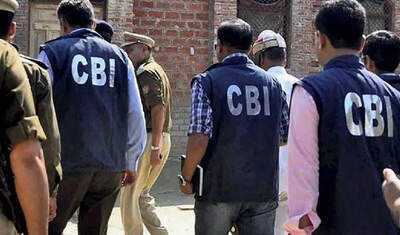
ICC Rule Change: The International Cricket Council (ICC) has announced many major changes in men’s international cricket rules. These include changes in the rules of two new balls in ODI matches and strict implementation of the rules of the conversion substitute (changing the player after the head injury) in all formats. These new rules will be applicable in Tests from 17 June, ODI from July 2 and T20 matches from 10 July.
The Chief Executive Committee has decided to implement this change, applying the recommendations of the ICC’s Men Cricket Committee. This change in the rules is a step towards establishing a balance between the batsman and the bowler in the game, prioritizing the safety of the players and making the game more transparent.
Change in two balls rule in ODI
Till now, every innings started with two new balls in men’s ODIs, one ball was used from one end and the other end. But under the new rules, now the ODI innings will start with two balls, but this system will remain in force for only 34 overs. After this, from the 35th over to the 50th over, the bowling team will have to choose one of these two balls, which will then be used from both ends.
If a ODI match is reduced to 25 overs or less (before the first innings starts), only one new ball will be used.
Why are the rules being changed?
The ICC has stated the reason behind this change, saying that its purpose is to re -establish the balance between the bat and the ball. In recent years, this decision has been taken keeping in mind the complaints of big scores in ODI matches and not getting bowlers, especially in the last overs.
Strict rules apply on Connunciation Substitute
In the event of conversion (head injury), the team will now have to hand over the list of five potential substitute players to the match referee before the match. It will be mandatory to include a wicketkeeper, a batsman, a fast bowler, a spinner and an all -rounder’s name in this list.
If the player who landed in the field also gets hurt as a conversion substitute, then the referee can also approve the current ‘like-for-like’ (a single player instead of the same player) rules.
During the fourth T20 match between India and England in January 2025, when the batsman Shivam Dubey was removed and the fast bowler Harshit Rana was taken as a conversion, there was a lot of controversy. Rana took 3 wickets in that match, but his selection was questioned. According to the ICC, such disputes will be avoided by nominating players on the basis of role.
Ban on hop catch on boundary line
The ICC has also accepted the proposal of MCC, under which the hop catch made outside the boundary has been called invalid. This rule will apply by the end of this month. Its purpose is to make catching more fair and transparent.









